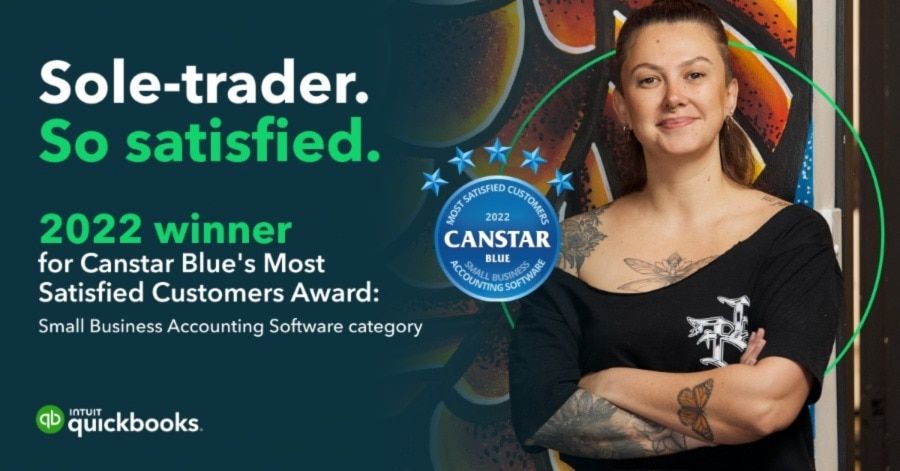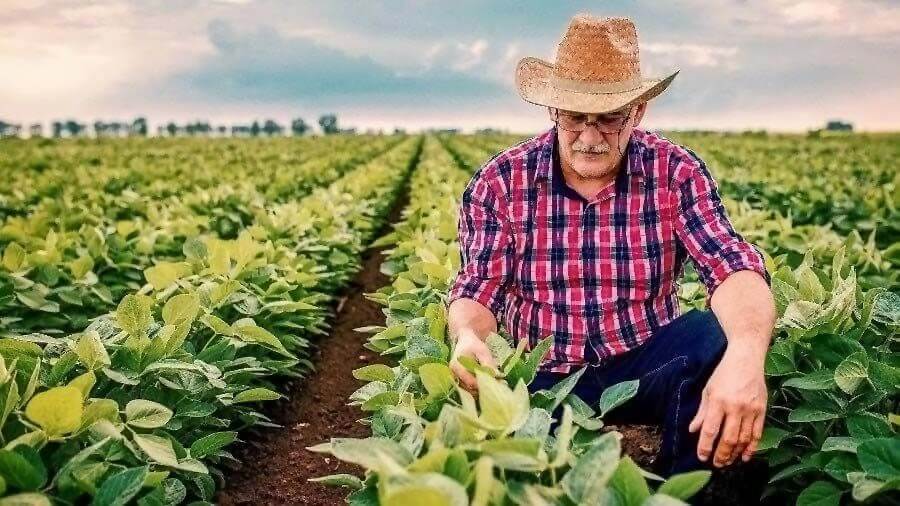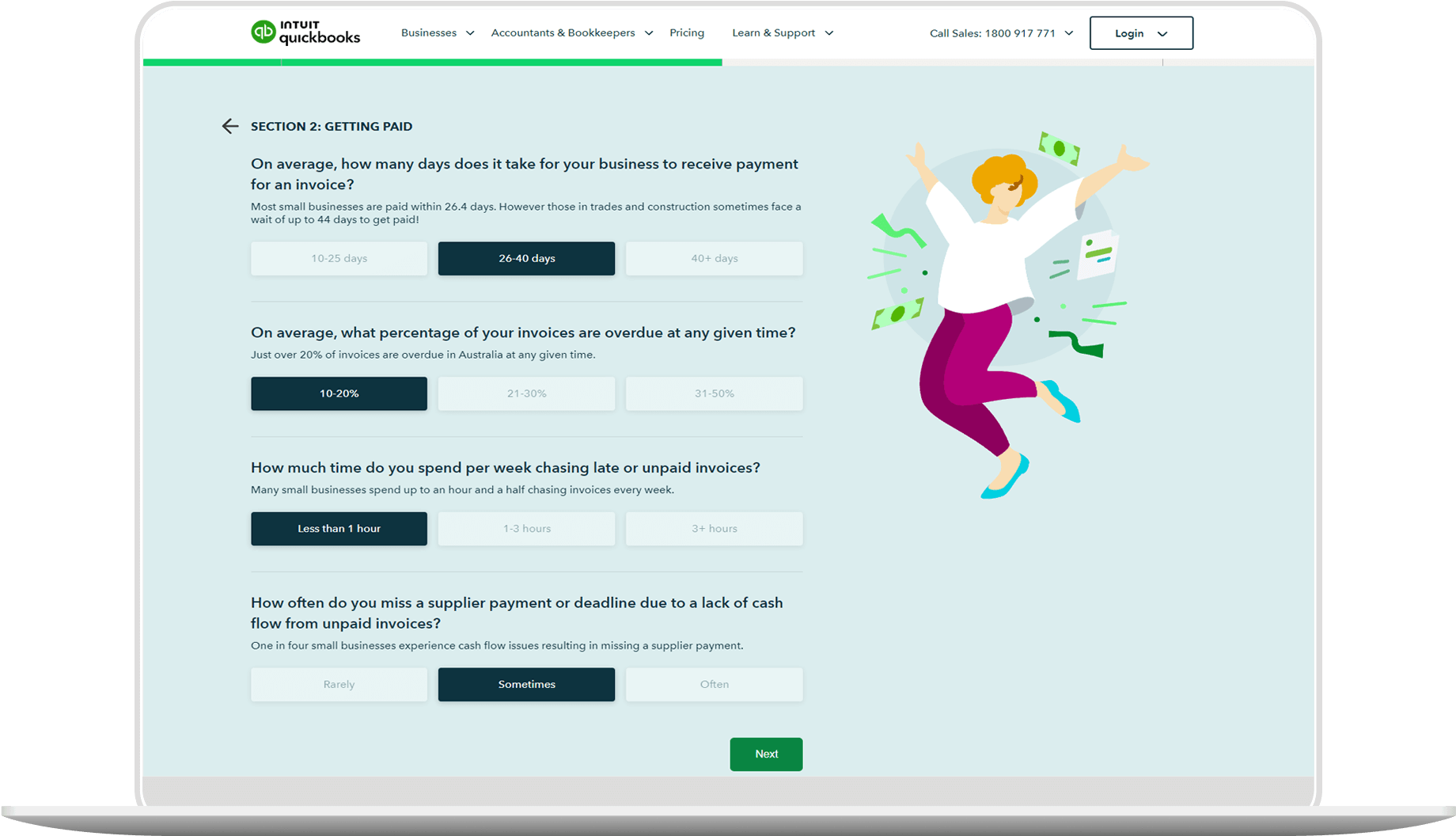Farm tax deductions list
There are some expenses you may be able to deduct year on year, but the Australian Taxation Office (ATO) is relatively strict about what can and can’t be claimed. Here are some expenses that can be claimed by farm businesses.
Vehicle expenses
Farmers can claim the cost of using a vehicle in certain circumstances. Like other Australian taxpayers, they can deduct the cost of travelling between two jobs on the same day, such as driving from the first job of the day as a fruit picker to the second job of the day of testing soil. This also applies when travelling between different fields and farms.
However, farmers cannot claim regular trips between home and work, including travelling from their house to their first job of the day. In a few circumstances, they can claim the cost of any trip if they are carrying bulky equipment or tools. To be able to claim this expense, they must be able to show that the equipment is bulky, essential to their duties and that there is no secure place to store it at their workplace.
Farmers can also claim on other travel-related expenses, including:
- The decline in value and running costs of all-terrain vehicles (ATVs).
- When farmers are required to cover large areas of land not accessible by vehicles
- The cost of travelling and staying overnight somewhere in the course of performing the job, such as transporting cattle. Expenses include accommodation, meals, and incidental expenses.
One final note is that farmers must keep a careful record of all work-related travel to be able to claim deductions.
There are multiple methods that can be used to calculate work-related car expenses. These include the cents per kilometre method, the logbook method and the actual cost method.
For motorcycles, vehicles that carry more than one tonne and vehicles that can transport nine or more people farmers have to use the actual cost method.
Clothing expenses
In general, farmers cannot deduct the cost of clothing, even if they are required to wear it. However, they can deduct the cost of protective clothing such as protective gloves and steel-capped boots.
Depreciation for fencing and fodder storage
For primary producers, there may be a deduction for fencing and fodder storage assets.
Fencing assets are items used to enclose or create a barrier around a field or a paddock. These can include posts, rails, wires, gates, etc. Fodder is food for livestock, which can include grain, hay, or any feed that would normally be considered fodder. Fodder storage assets are assets used to store fodder, which can include silos, grain sheds, hay sheds etc. The fodder storage asset must primarily be used to store fodder to qualify for this deduction.
Deductions are limited to capital expenses for the construction, manufacture, installation or acquisition of fencing, fodder or fodder storage assets. Different rules apply to claims for fencing and fodder storage assets.
- For fencing assets purchased after 12 May 2015, you can claim an immediate deduction for the year the purchase was made under the accelerated depreciation for primary producers rule. This does not include expenses made for pens, portable fences and stockyards.
- For fodder storage assets purchased on or after 19 August 2018, you can also claim an immediate deduction for the year the purchase was made. If the purchase was made between 12 May 2015 and 18 August 2018, you can deduct one-third of the amount in the income year it happened and one-third for the next two years.
Working animal expenses
If farmers have working dogs or horses, they can deduct the expenses spent on them provided that the animals are used for work duties, were trained for this role from a young age, and are not treated as pets This includes food, vet bills, and other equipment such as saddles.
Licences and permits
Farmers cannot deduct the cost it takes initially to get a licence or permit. However, the cost associated with renewing a licence or permit required to continue their job can be deducted.
Tools and equipment
Any tools and equipment that are used for work purposes can also be claimed. This could include fencing tools, chainsaws, and other farming equipment. If the total value of an individual item is less than $300 and not part of a set that costs more than $300, the full value can be deducted. If it is over this amount, you can claim for the decline in value over a number of years.
Other expenses
A few other expenses are also allowed for farmers, including:
- Sunscreen, hats, and other protective gear for outdoor work
- Union fees
- Professional publication subscriptions


















